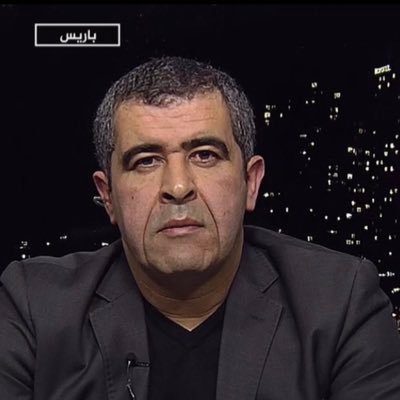When suicide rates reach horrifying levels in Egypt, it is a dangerous indication of the dire situation in the country. We also regularly bear witness to those swallowed by the Mediterranean, dreaming only of freedom and a better life, and the thousands of young people turning to drugs to escape their bitter realities, to the deaths under the punishment of their regimes, or the deaths caused by the absence of livelihoods.
Youth is the age group suffering the most in the Arab world. They find themselves deep in the furnace of political and economic corruption. This is due to gangs having tampered with the resources of their countries, squandering their wealth, wasting opportunities for building their countries and people. The Arab Spring, and the protest waves in which thousands of young people were martyred, clearly show that the patience of the new generation has expired and that the road has reached a dead-end.
Tyranny and the death industry
The Arab regimes that seized power within the borders of what was called the ‘nation-state’ during the second half of the twentieth century were not independent of the Western powers that put them in place, but instead they were agents for them, whether direct or indirect. The role of the established regimes was to prevent the creation of national powers that would benefit from the nature of the existing political systems. The main goal was to remove the past, in a way that leaves memories and emerging political practices dysfunctional.
Monarchies in Egypt, Libya, Iraq, Syria, and the Arab Maghreb countries, were eradicated by a group of military spies who had mastered the destruction of political life in a manner that brought those countries to their current state of collapse: poverty-stricken, under-developed and dependent. Victorious powers in World War II feared the establishment of constitutional monarchies in these countries, similar to European constitutional monarchies, pushing them towards introducing new totalitarian regimes that would eliminate all the accumulations that preceded them.
The origins of these regimes explain how they ended up bringing generations of youth to a state of despair after all the developmental experiments and renaissance projects that had been coloured with the regimes’ ideological slogans have failed. The industry of death was not limited to the wars that killed millions from Yemen to Libya, Iraq, Syria and Egypt, but rather surpassed it to other causes of death, including massacres, civil wars that the official regimes were behind, and which are still ongoing to this day.
READ: As Yemen war rages, children will suffer from hunger for 20 years
Lack of development and the squandering of all private and human wealth is the most significant feature of the Arab Spring era, which came as a warning cry before the great collapse. The regimes did not build homelands, nor did they establish new societies. They had abolished all aspects of freedom and denied people of all their fundamental rights, including freedom of opinion and expression. They deprived them of the right to work, and the right to live in dignity in their homelands.
Under these circumstances, and many others that created the despair that entire generations are suffering from, Arab political authorities drained societies of their ability to rise. This permanent state of tribulation and dejection helps to explain most cases of suicide in the region, and represents the fundamental motive behind extremism and violence, in all its forms.
The Arab region is the bloodiest in the world, due to the number of wars and conflicts that are taking place within it, and the fate of its people lies on the front line. Arab citizens have neither the right to vote nor to express their opinions. They cannot exercise their individual and civil rights under the totalitarian regimes.
Arabs don’t hold value in their countries for many reasons, the most important of which, being the lack of awareness of their importance. They believe the media outlets of the authoritarian regimes which play a pivotal role in convincing them of the sanctity of the regime and the fact that they, the people, are marginal. However, recent Arab revolutions brought back to the surface the recognition of the worth of marginalised individuals, becoming suddenly able to act and overthrow governments. Mohamed Bouazizi, the young man who caused the overthrow of the Tunisian tyrant regime, is proof.
READ: 25,000 Syrians displaced in regime, Russia raids last week
This new sense of belief is under attacked by media outlets of the counter-revolution forces. Massacres committed by the Syrian regime, attacks Khalifa Haftar, in Libya, and the crimes of the army and the police in Egypt, are only some of the many examples of the value of individuals and groups of people, in the eyes of the political authorities.
Today’s conflict in the region revolves around the value of the human being, including freedom and social dignity, above all. This requirement is at the heart of the battle between the forces supporting liberation, and between the other forces working to perpetuate tyranny as the destiny of this region and its people.
The crimes of the Arab tyrants will not cease unless Arabs regain a sense of their worth. The realisation of individuals’ ability to change their destinies, begins with the removal of authoritarian regimes. This is the only manner in which a nation can resurrect itself out of the darkness of under-development, poverty, death, and towards the light of freedom and social justice and human dignity.
The views expressed in this article belong to the author and do not necessarily reflect the editorial policy of Middle East Monitor.


![Egypt's protests against Sisi [Cartoon-Arabi21]](https://i0.wp.com/www.middleeastmonitor.com/wp-content/uploads/2019/09/9201922141757794.jpg?fit=720%2C470&ssl=1)









